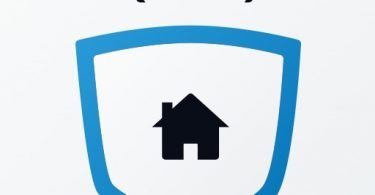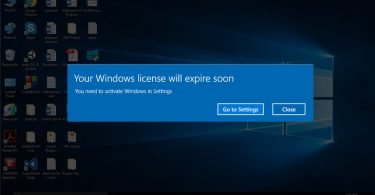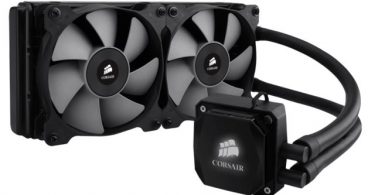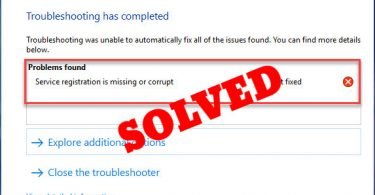If you’ve started looking into residential proxies, you’ve probably been overwhelmed by the many different types that are available. Should you go for a faster and cheaper datacenter proxy, or do you need a more reliable but expensive residential proxy? How do you decide if a residential proxy network is for you?
In this article, we’ll be covering residential proxies extensively. We’ll discuss what they are, how they work and when they’re most often used. Keep reading to discover all you need to know about a residential proxy network.
We’ll be covering the following topics related to residential proxies:
- What are proxies?
- What is a residential proxy?
- How do residential proxies work?
- What are they used for?
What Are Proxies?
Proxies are a specialized web application that facilitates your search requests and returns the content from the relevant web pages. When you search for anything online, or through IPTV, the request goes directly to the relevant website’s server. The server gets access to your search request and your IP address and then returns the results to you.
- https://unsplash.com/photos/hGV2TfOh0ns
However, when you use a proxy, the search request goes to the proxy first and is then sent on to the website server. The results from the website are then sent to the proxy and then forwarded to you. By doing this, the proxy acts as a middleman between you and the internet protecting your connection and hiding your IP address.
Proxies are one of the most effective ways to browse the internet without being tracked. These days, everyone tracks your online activity. Websites, ISP and hackers all look for opportunities to gather your data and track your online activity. One of the best ways to avoid this and protect your data without going off-the-grid is by using a proxy that will hide your IP address and offer some added security to your browsing efforts.
There are many types of proxies; some of the most commonly used ones include:
- Residential proxy: linked to real devices with IPs making them difficult to ban
- Datacenter proxy: fast and efficient, changes your IP to a random number
- Transparent proxy: proxies that other users on the network don’t see
- Anonymous proxy: will clearly announce itself as a proxy but won’t share your IP
- Distorting proxy: will announce itself as a proxy but will share a fake IP
- High anonymity proxy: provides even more anonymity by frequently changing the IP address to avoid tracking
What Is A Residential Proxy?
A residential proxy network is a popular type of proxy to use. The IP addresses provided by these proxies are linked to real devices and ISPs. These IPs can be linked to other internet routers, computers, laptops, mobile devices and other IoT(Internet over Things) devices. This means that when they’re used, they look like real users. This makes them less likely to be detected as proxies and much less likely to get banned.
How Do Residential Proxies Work?
A residential proxy network differs from a datacenter one because they are linked to real devices. Residential proxies are more in demand and more reliable, whereas datacenter proxies are easier to block.
A residential proxy routes all of your network’s internet traffic through an intermediary served (hosted by your chosen proxy provider). This server will change the IP address of all your search requests with another IP address linked to a real device.
What Are Residential Proxies Used For?
Residential proxies are great for adding an additional layer of security to your browsing experience. They also protect you from being tracked because they hide your real IP address (and all the information protected therein). One of the areas where residential proxies become truly valuable is when paired with other automation tools. Whether you use web scraping for market research or social media automation tools, having a residential proxy alongside these tools will enable them to run faster and work more efficiently. Best of all, they’ll avoid any IP bans or blocks since they look like real users.
Uses of residential proxies:
- Used alongside web scrapers
- Used to manage multiple social media accounts
- Used alongside automation software
- Used to access geo-restricted content
- Used for ad verification
- Used for brand protection
- Used to monitor SEO and SERP results
- Used to find the best deals
Final Thoughts
Residential proxies are the best tools to use if you want to add additional online security while also making all your online activity anonymous. These proxies are linked to real devices, making them difficult to ban, so they become ideal to use with web scrapers and other automation tools.


























